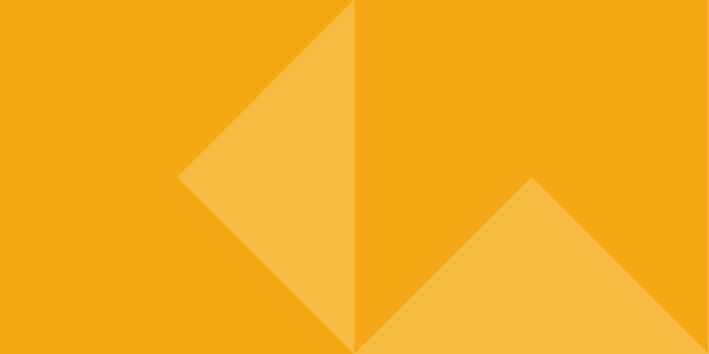Perhaps the real question is not why you read, but how you read. This observation was brought to you from me having finished Julian Barnes' Flaubert's Parrot just an hour ago. I was certain I had read the book before - but I'm not sure. I recognised the opening chapter. It is entirely possible I had read the opening chapter and then put the book aside. This is one of the ways I read: I flirt with books. So, the much-fabled, oft-taught and already-classic Flaubert's Parrot which I may or may not have read previously but which I have definitely read now?
How did I read it?
Well. I felt tempted to make a check-list of post-modern fiction trademarks, so I could check them all: fragmented self (constructed out of texts); history understood and recast as fiction (as the past is inaccessible to us except through texts which by their very nature are linguistic constructs and thus unreliable); the text as bricolage (assembled by quotations and various types of texts); no such thing as Truth but only truthS; &c.
In short: it read like a lesser Pale Fire (true to his metier, Barnes does keep name-dropping Nabokov) but without Pale Fire's mania and fevour. My head placed Flaubert's Parrot next to Graham Swift's Waterland. Barnes' novel is a textbook case of post-modern fiction, just like Swift. I did not particularly care for the book - to me, it reads old in way that much older books do not. Because it is such a full-blooded second-generation English post-modern book, it feels very dated to me.
That's how I read. My head assigns books their place in the literary canon based upon their kinship with other books/authors. I measure them against similar books I have read (and often against unrelated books). How does the writing hold up? Does it surprise me anyway? Does it make me work hard or does it lead me gently through the pages? Will it make me reassess books I have already read? Does it point me towards books I need to read in order to fully appreciate the book I hold in my hands?
Next: a post on things I find in secondhand books. It was my intention to post this today, but someone has not charged the camera batteries. Boo.
